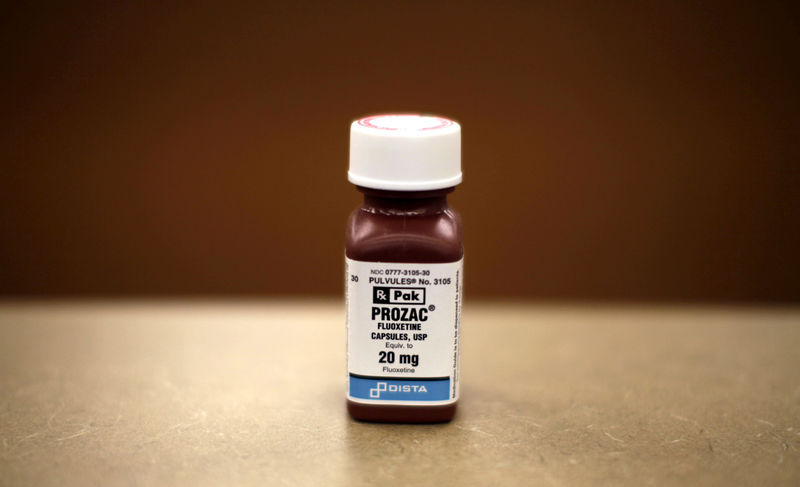Eli Lilly Shares Decline as Drug Sales Fall Short of Expectations
Eli Lilly and Co's shares experienced a significant drop in pre-market trading on Wednesday due to lower-than-expected sales of its weight loss and diabetes drugs, Mounjaro and Zepbound, which failed to meet Wall Street expectations. The pharmaceutical giant attributed this shortfall to a decline in U.S. wholesale inventory levels, which led to a mid-single-digit percentage decrease in the sales of these products in the U.S.
CEO David Ricks explained in an interview with CNBC that the company delayed the advertising for Zepbound and postponed international launches to prioritize increasing U.S. inventory. Ricks stated, "There is excessive supply... however, we did not initially promote demand as we had planned."
Despite missing sales targets, quarterly figures showed strong continued demand for these treatments, with Mounjaro generating $3.11 billion and Zepbound bringing in $1.26 billion. Analysts had expected higher sales, projecting Mounjaro to achieve $4.20 billion and Zepbound $1.69 billion for the quarter. For the year, total sales for these two drugs were projected to reach $19 billion.
Eli Lilly has made significant investments to increase production of these drugs, chemically known as tirzepatide. The company has spent approximately $7 billion to expand its facilities, including investments in its Indiana plant and in Ireland. Mounjaro is marketed under the same brand name for both diabetes and weight loss treatments outside the U.S.
In light of recent developments, Eli Lilly revised its full-year sales forecast, lowering the upper end from $46.6 billion to $46 billion, while maintaining the lower end at $45.4 billion. The company also adjusted its annual adjusted profit forecast from a range of $16.10 to $16.60 per share down to a range of $13.02 to $13.52.
These adjustments are partially linked to acquisition-related expenses in the third quarter, including $2.8 billion in acquisition-related costs, along with rising production costs contributing to quarterly profits falling short of expectations.
The competition to meet rising demand for weight loss drugs is intensifying, with both Eli Lilly and Danish rival Novo Nordisk (NYSE:NVO) working to expand their capacities. The market potential for these drugs is estimated to be significant, with some analysts projecting potential revenues could reach $150 billion over the next decade.
In August, Novo Nordisk reported a rare decline in quarterly sales of its weight loss drug Wegovy and lowered its full-year profit forecast. Analysts predict that Eli Lilly and Novo Nordisk will likely share the U.S. market equally by the end of 2024.


